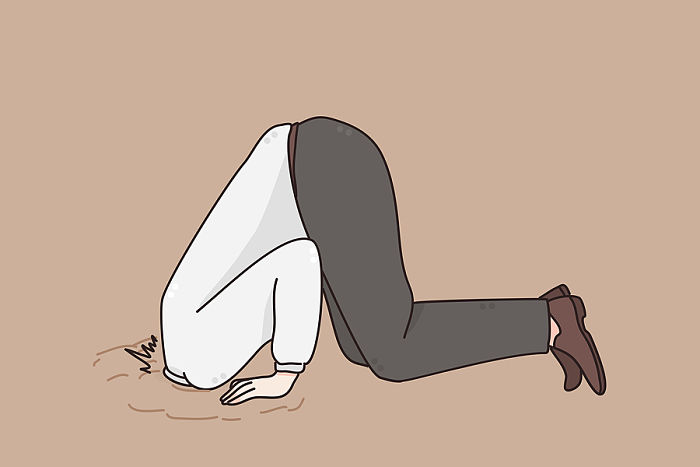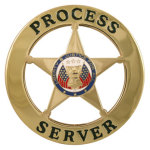How do you ignore a lawsuit and expect a good outcome?
Yet twice in the past few months, individuals have come to me with judgments already entered against them. That’s not noteworthy; after all, I’m a bankruptcy lawyer. We deal with unpaid judgments.
But both of these men explained the situation this way: the claims of the lawsuit were wrong, so I did nothing.
They did nothing and the person suing them automatically won.
I’m unclear how they thought that the falsity of the complaint was going to come to the attention of the judge. Whatever they thought, that’s seldom how the law works.
By closing their eyes to a summons and complaint, each of them allowed entry of a judgment, good for 10 years and earning 10% interest, to be entered against them. One was “only” $60,000; the other was ten times that.
If you ignore the lawsuit
In most suits about money like credit card balances, medical bills or breach of contract, the complaint sets out the basic facts about the claim, and a prayer for a sum of money.
The court files the suit and issues a summons to the defendant, alerting him to the claim and laying out how to oppose the complaint. The complaint and summons need to be served on the defendant before the court can proceed.
The opportunity to oppose the complaint by filing an answer affords the defendant due process: notice and a chance to be heard by the judge.
If you don’t file a written response, within the specified time period, you risk losing your opportunity to tell your side of the story. Because, in the absence of an answer or other defense, presented to the judge, you lose.
You lose, regardless of how meritless the complaint is or how strong your legal defenses.
When you expect to file bankruptcy
Now, often, I tell bankruptcy clients not to bother to answer if they agree that they owe the money.
Bankruptcy will wipe out the judgment just as easily as wiping out the debt that existed before suit was filed.
But if the complaint alleges fraud, embezzlement or intentional bad acts, a judgment against you creates hurdles to the discharge of that debt in bankruptcy. You may have to go to trial in bankruptcy court and try to defeat the claims of the state court suit. That’s expensive and procedurally tricky.
What to do when you’ve been sued
We’ve talked here lots about how to handle a suit for money
- Five things to do when you’ve been sued
- Critical timeline in collection suit
- What you need to know about money judgments
The important thing is think through your response. Make a plan to deal with the suit.
Simply rejecting the claims of a lawsuit in your head is a recipe for economic disaster.
More
How a judgment shadows your financial life






